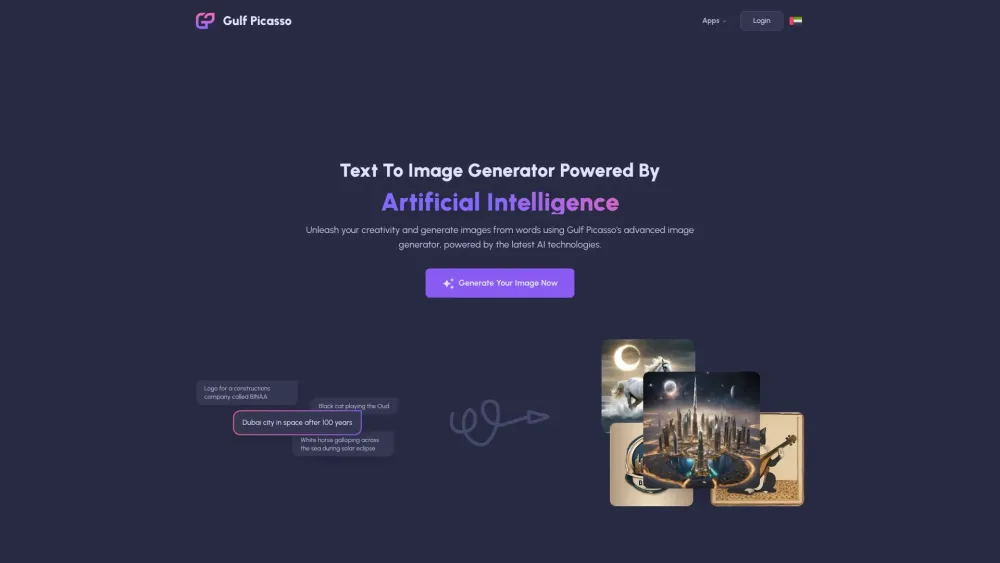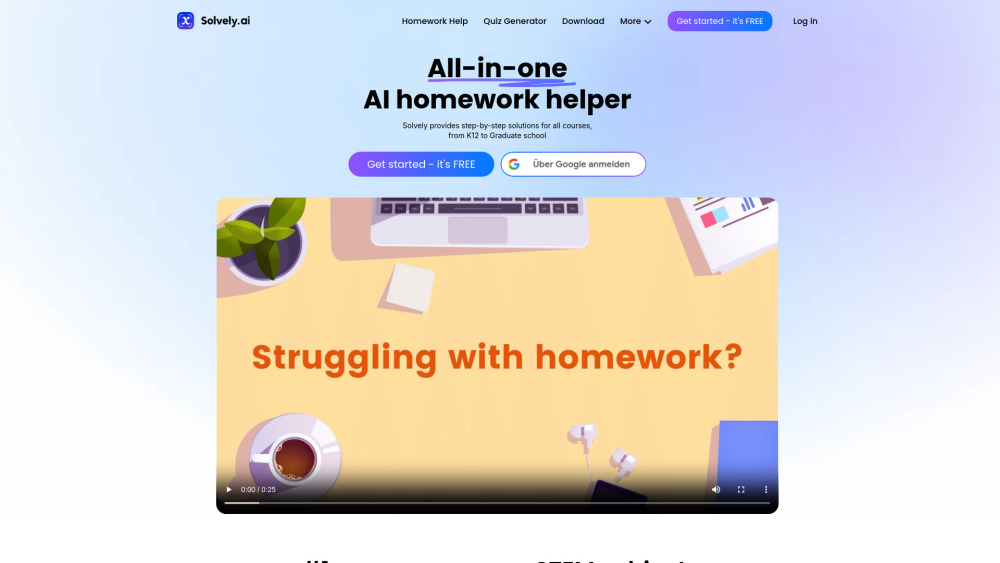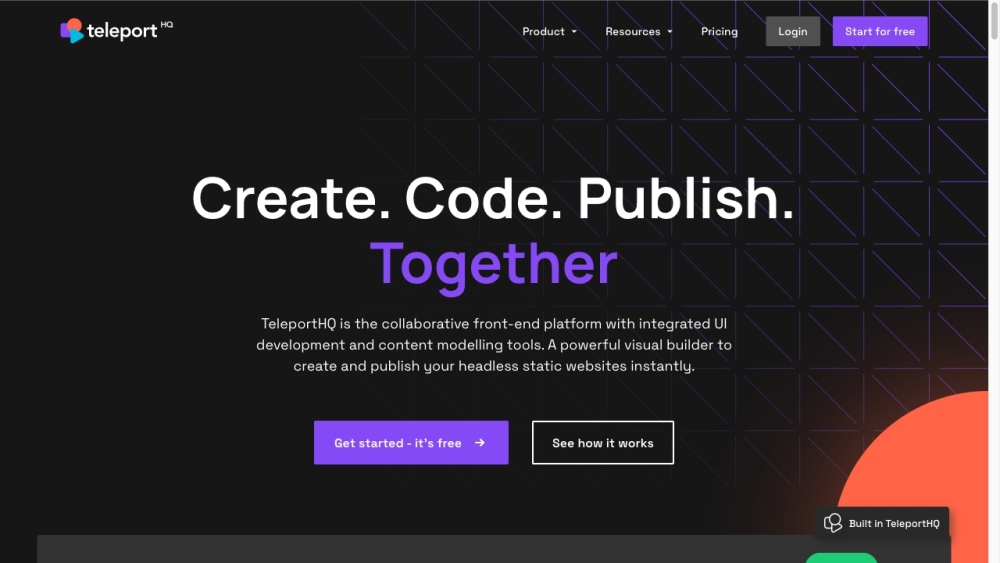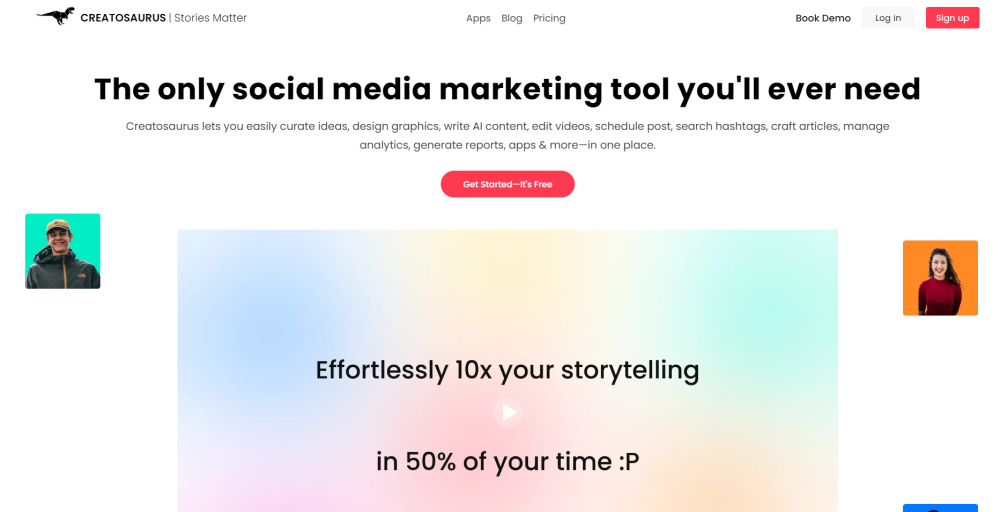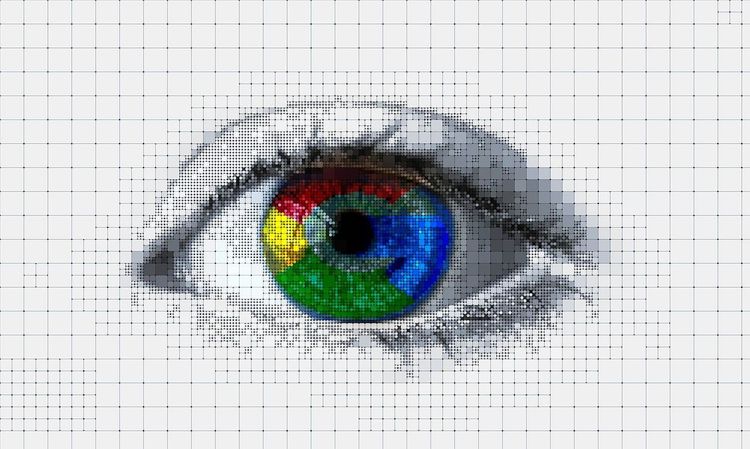Anthropic Unveils Collaboration Features for AI Assistant Claude, Enhancing Enterprise Productivity
Anthropic, an AI company supported by Amazon, Google, and Salesforce, has introduced powerful collaboration tools for its AI assistant, Claude. These features—Projects and Artifacts—aim to transform team interactions with AI and reshape workflows across various industries, intensifying competition in the enterprise AI market.
Scott White, product lead at Anthropic, stated, “Our vision for Claude is to create AI systems that enhance team workflows. Projects centralize knowledge and AI interactions, improving collaboration and productivity.”
Streamlining Workflows with Projects
Anthropic's Projects feature allows teams to create private spaces for tasks such as onboarding new hires, showcasing its potential to streamline collaborative workflows while ensuring data privacy. With this strategic development, Anthropic positions itself as a strong competitor to established players like OpenAI and Google, addressing a crucial demand for effective AI integration in the workplace.
Projects, available for Claude.ai Pro and Team users, let teams gather relevant documents, code, and insights in one location. With a 200,000-token context window—equivalent to a 500-page book—Claude can process extensive organization-specific information, enhancing its ability to offer tailored assistance.
White elaborated, “By grounding Claude’s outputs in your internal knowledge—like style guides and codebases—you’re providing Claude a crash course in your organization’s expertise. This context allows Claude to deliver more accurate, customized assistance for various tasks, reducing the time to achieve valuable results.”
This development addresses the common “cold start” problem in AI by enabling users to equip Claude with essential internal knowledge, giving it a "warm start" in understanding organizational needs.
Enhanced Collaboration and Security Features
Anthropic’s new update also introduces advanced sharing capabilities, allowing teams to share specific projects, artifacts, or individual conversations easily. This enhances knowledge transfer and decision-making processes.
White explained, “We’ve implemented granular permission settings, allowing team leaders to manage access levels and protect sensitive information, promoting collaboration alongside security.” For instance, a project manager can share read-only access with contractors while granting editing rights to core team members.
The introduction of Artifacts further boosts Claude's utility, facilitating tasks related to code, design, and content creation. Users can generate and edit content alongside their interaction with Claude.
“Artifacts allow for meaningful work creation and iteration with Claude,” White noted. “Once completed, these can be added to a Project, becoming part of the source of truth.”
Early adopters, such as North Highland, a consultancy firm, report completing content creation tasks up to five times faster using Claude, indicating significant productivity improvements.
Anthropic has also prioritized data security, offering multiple permission levels to protect sensitive information. Users can classify projects as private, public, or shared with specific individuals, and can delete their projects, ensuring all associated data is removed within 30 days.
Importantly, data shared within Projects will not be used to train generative models without explicit user consent, addressing data privacy concerns prevalent among AI companies.
The Future of Work with AI
Looking forward, Anthropic hints at future integrations with popular applications and tools, signaling a commitment to seamless AI integration into existing business processes. While specific details are not yet available, this roadmap suggests a focused effort on making Claude an integral part of modern workplace ecosystems.
As the AI industry evolves rapidly, Anthropic’s update signifies a notable shift toward collaborative and context-aware AI systems. White emphasizes, “This technology aims to enhance team collaboration, improve communication, and make expertise more accessible across organizations. By focusing on real user needs, AI becomes a true partner in the workplace.”
In an increasingly competitive AI landscape, Anthropic’s emphasis on enhancing human capabilities through AI offers a compelling option for businesses seeking to integrate AI into their workflows. As organizations navigate AI adoption, tools like Claude that prioritize collaboration and contextual relevance may well define the future of work.
The launch of these new features marks a pivotal moment in enterprise AI evolution, potentially setting new standards for leveraging AI to foster innovation and efficiency. As the race for AI dominance escalates, industry leaders will be closely monitoring Anthropic’s strategic advancements.
